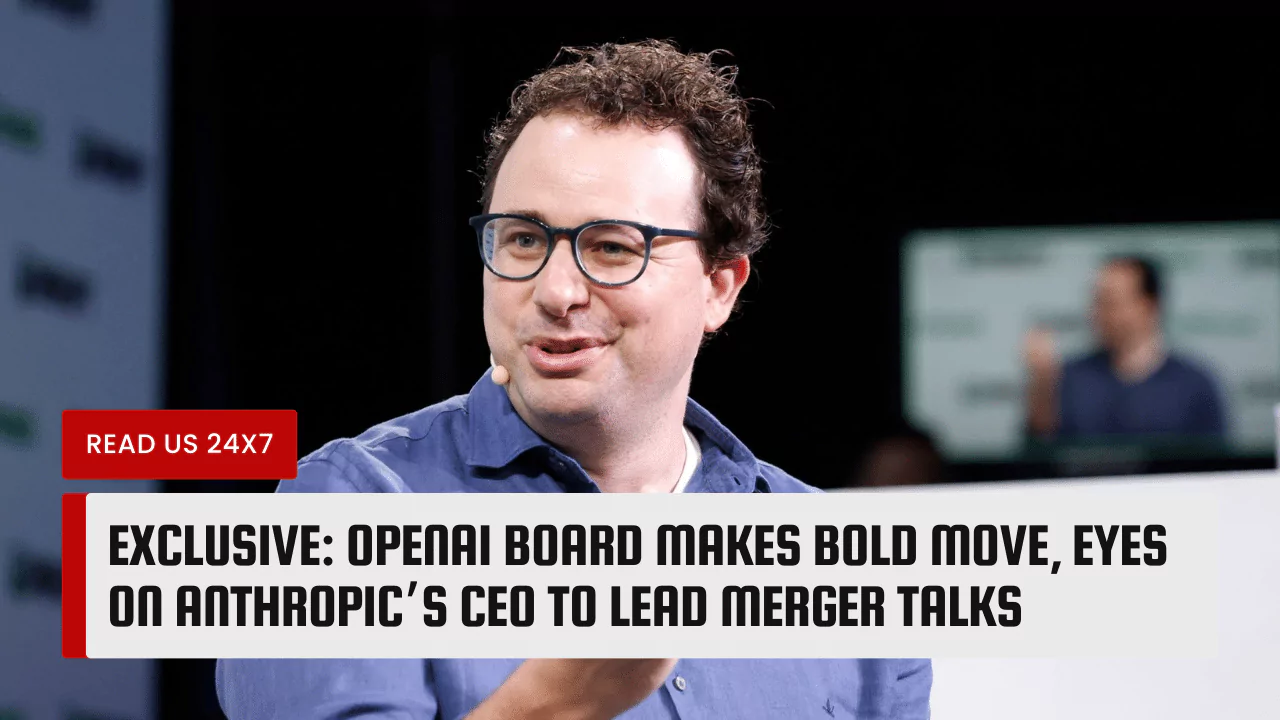The board of OpenAI, the leading artificial intelligence research organization, has made a bold move to replace its former CEO, Sam Altman, with Daniela Amodei, the co-founder and CEO of Anthropic, a rival AI startup. However, Amodei has declined the offer, citing irreconcilable differences in vision and values. This has put the potential merger between the two companies in jeopardy and raised questions about the future of OpenAI and its ambitious projects.
OpenAI’s Attempted Merger with Anthropic
OpenAI and Anthropic are both prominent players in the AI industry, developing general AI systems and large language models, such as GPT-4 and Claude, respectively. Both companies are also involved in AI safety and alignment research and have connections to the effective altruism movement. However, they have different approaches and philosophies regarding the development and deployment of AI.
According to sources familiar with the matter, the board of OpenAI has been dissatisfied with Altman’s leadership and direction for some time, especially after the controversial partnership with Microsoft in 2019, which gave the tech giant exclusive access to GPT-3, the predecessor of GPT-4. The board also felt that Altman was too focused on commercializing OpenAI’s products, and neglecting its original mission of creating safe and beneficial AI for humanity.
The board decided to oust Altman in September 2023 and approached Amodei, who had left OpenAI in 2021 to co-found Anthropic with her brother, Dario Amodei, and other former OpenAI members. The board hoped that Amodei would bring back the vision and values that OpenAI was founded on, and lead the merger talks with Anthropic, which would create a unified and powerful AI entity.
Anthropic CEO Declines Offer
However, Amodei rejected the offer, stating that she had no interest in returning to OpenAI or merging with it. She said that she left OpenAI because she disagreed with its direction and culture, and that she was happy with her current role at Anthropic, where she had more autonomy and creativity. She also said that she did not trust the board of OpenAI and that she feared that the merger would compromise Anthropic’s independence and integrity.
Amodei added that she believed that Anthropic had a superior approach to AI development and safety and that she did not want to dilute or abandon it for the sake of the merger. She said that Anthropic was more transparent and accountable than OpenAI and that it had a more diverse and collaborative team. She also said that Anthropic was more innovative and experimental than OpenAI and that it had a more human-centric and ethical perspective on AI.
Repercussions and Reactions
Amodei’s refusal to join OpenAI or merge with it has caused a setback for the board’s plans and has sparked speculations about the reasons and implications of Altman’s departure. Some sources claim that Altman was forced out by the board, while others suggest that he resigned voluntarily to pursue other opportunities. Some also wonder if Altman will join another AI company, such as Microsoft or Google, or start his own venture.
The potential merger between OpenAI and Anthropic has also attracted attention and criticism from other stakeholders in the AI industry and community. Some have expressed concerns about the concentration of power and influence that such a merger would create, and the potential risks and challenges that it would pose for AI governance and regulation. Others have praised the merger as a positive and synergistic move, and have urged the two companies to reconsider and resume the negotiations.
The fate of the merger and the future of OpenAI and Anthropic remain uncertain, as the board of OpenAI continues to look for a new CEO, and as Amodei reaffirms her commitment to Anthropic and its vision. The AI industry and community will be watching closely as the drama unfolds, and as the two companies compete and collaborate in the quest for creating safe and beneficial AI.


